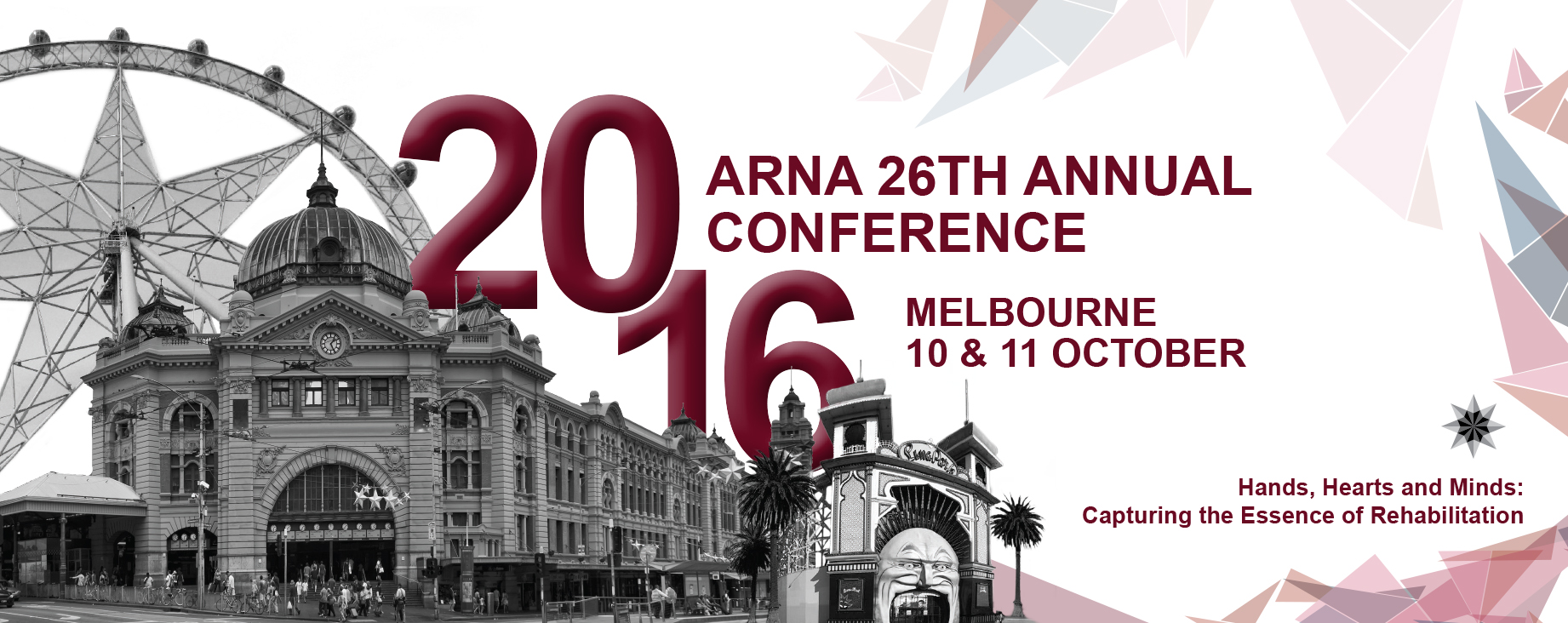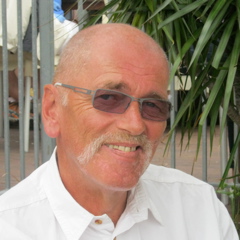The title of this presentation could also be something like “The two additional Stages of Rehabilitation”. This is because still too many people think of rehabilitation only as a physical process. Even though medical professionals are aware of an holistic approach to rehabilitation, sometimes it seems like no one did tell the patient that.
This holistic approach is very important to me, because I see many people struggling with completing their rehabilitation, not knowing what is wrong, or totally lost, and without hope.
At the conference someone said their medical team told a patient that they would like to involve his wife in the rehabilitation process. He answered: “What does my wife have to do with it?”
This response could come from many people. It’s normal. This is the way we think about sickness. We are sick – we go into hospital – we get fixed – we get out, and we go back to work. That’s exactly the way it is. Most of the time.
However, the physical aspect is only part of the whole rehabilitation process. I would even go as far as to say, it is not the severity of the physical injury that determines the success of the rehabilitation, but the psychological response. In other words: one person might have a bad injury, but cope with it extremely well, while another might have only a minor physical injury, but has difficulties handling it psychologically. If the experience was life-changing, the partner/family has to be involved.
Here are the four stages again:
1.Medical 2.Physical 3.Psychological 4. Social
Sometime between the second and third stage most patients go home. Some still have outpatient treatment, doctors might still control anti-coagulants, or hypertension medication. If available even a community nurse, or occupational therapist might come around. This, however, may take a while, depending where one lives.
Largely the patient/survivor is on his/her own. No wonder, therefore, that they feel there is not enough support around (no matter where in the world they are from).
This lack of support is obviously more prevalent in rural areas, but I was surprised when I asked a friend who’s had a stroke three years ago, how he was coping psychologically, and he answered, that I was the first person to ask him that. I could not believe it because he lives in Sydney. Maybe this is because he’s physically o.k.
This led me to ask several Internet groups what psychological support individuals receive in their respective countries. The responses I got varied, ranging from not available, or only in severe cases – over depending on the kind of insurance someone has got – to always being offered, and being available even long term.
Most of the time, however, it was up to the patient, or his/her family to ask for support. Understandably this lack of support was what people complained about.
No support - means no confidence – means no socialization – means no completion of rehabilitation.
The Melbourne postings consist of three parts. Here is the first part. The second part is a video of the presentation, and the third part is an info graphic showing the grief process.



